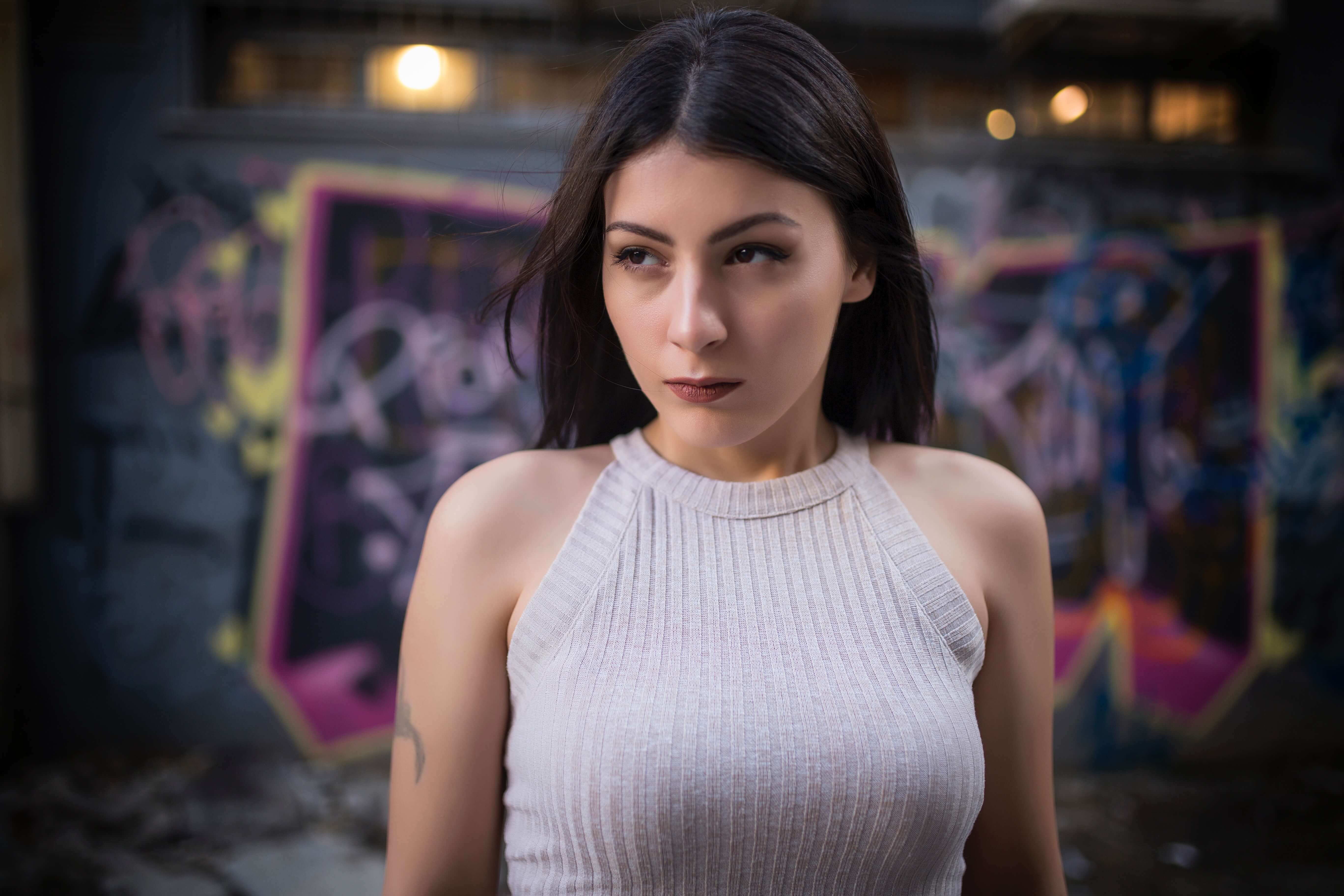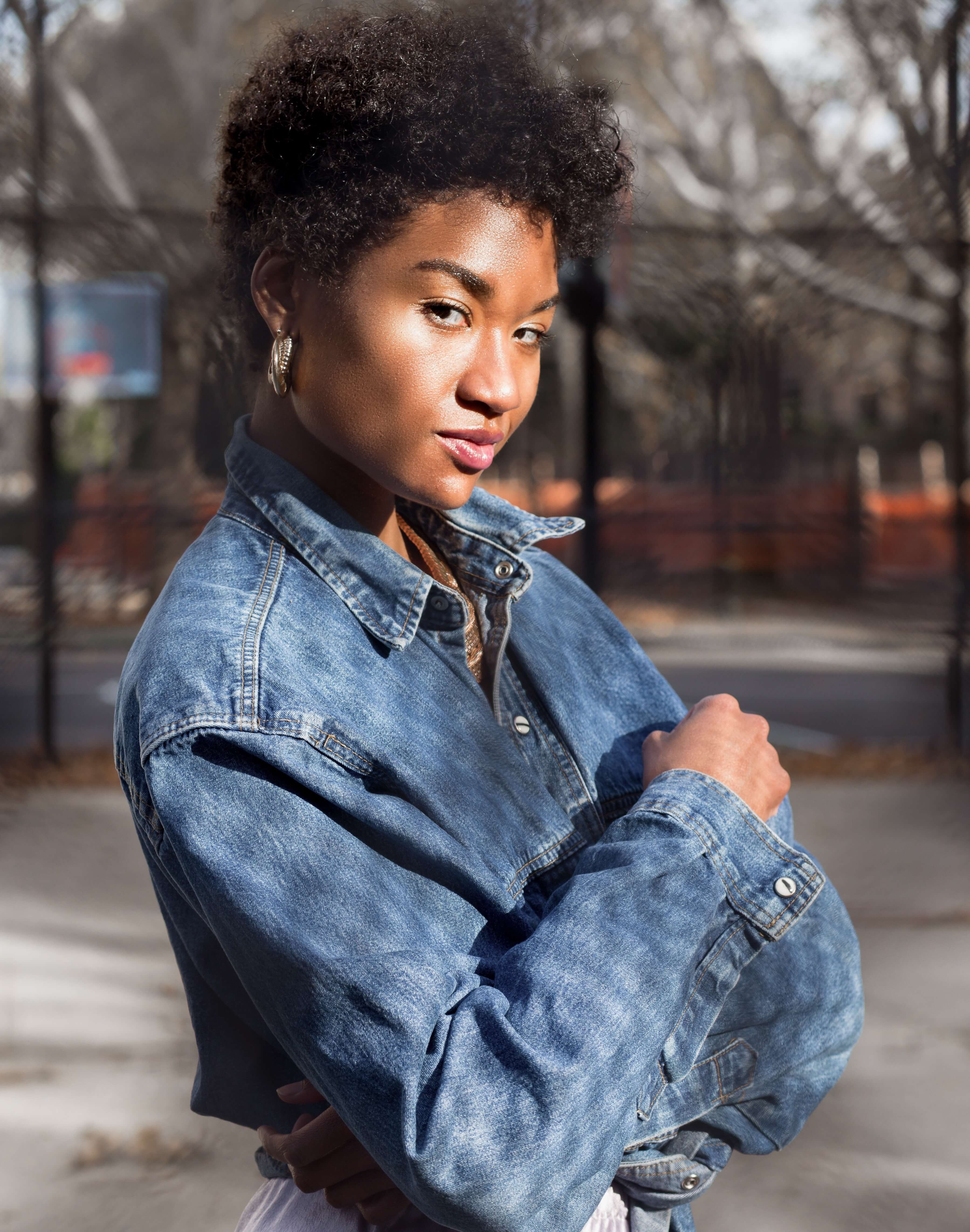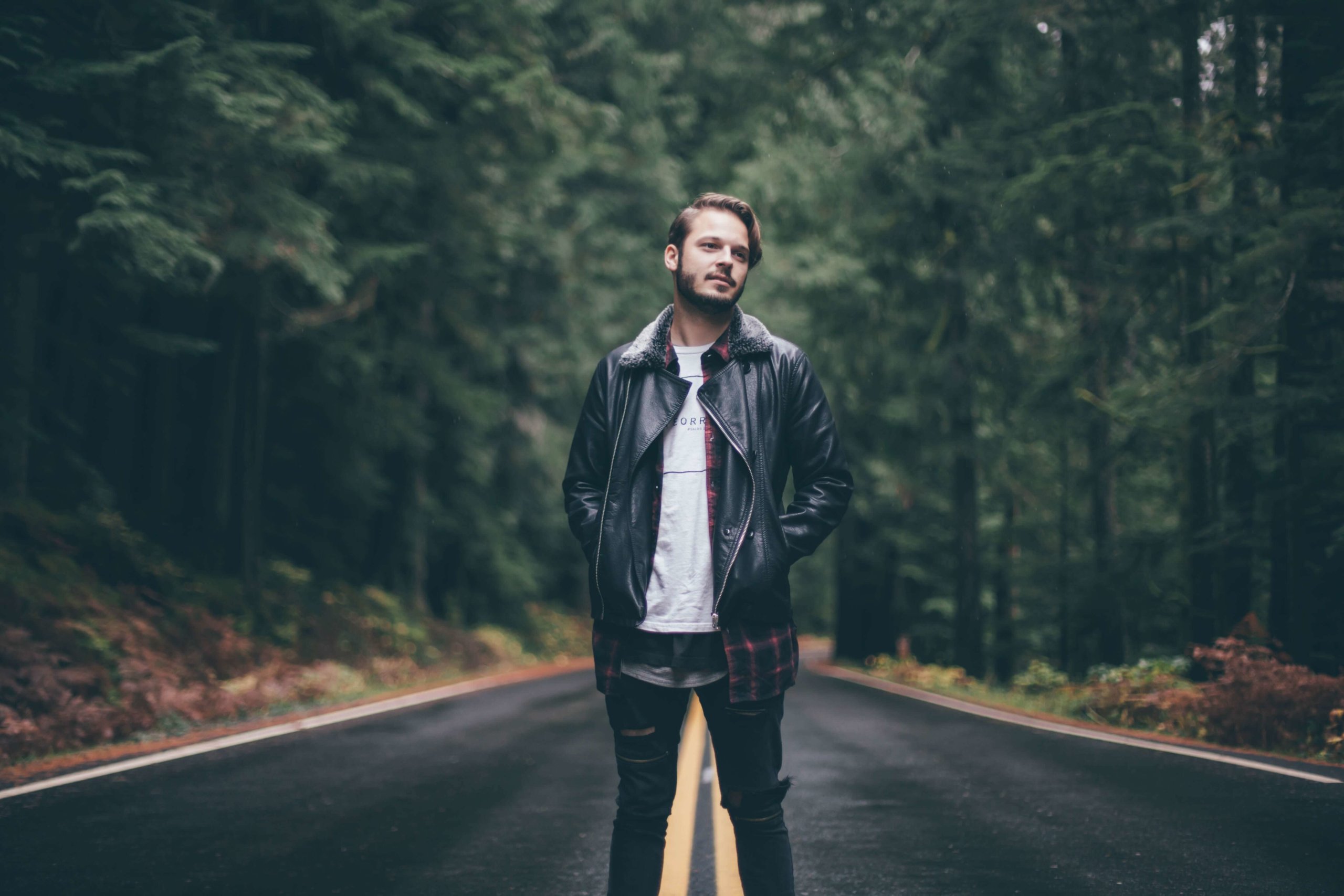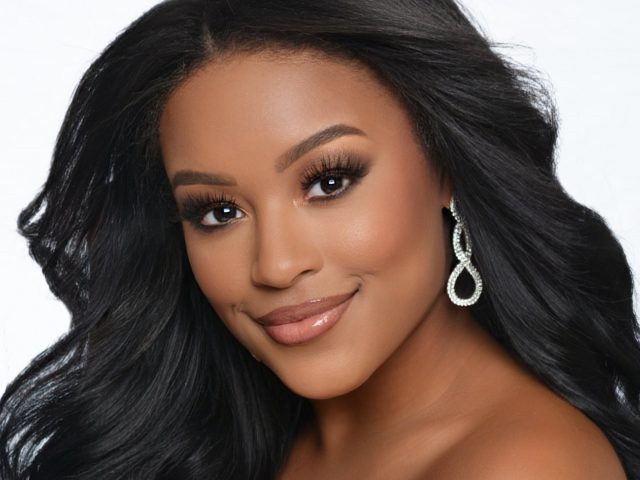Most of us are familiar with the term “ride or die,” but have no idea where the term comes from or how it gained mainstream appeal.
Inspired by the Bonnie and Clyde mythologies, the term “ride or die” was popularized in hip-hop music during the 90s and early 2000s with songs like “Ryde or Die Chick” by the Lox featuring, Drag-On and Eve, “Down A** Chick” by Ja-Rule featuring Charlie Baltimore and “Bonnie and Clyde” by Jay-Z featuring Beyoncé. Ride or die is a term used to describe a person (usually a woman) that is willing to do anything for their partner, friend, or family, even in the face of danger. A ride or die is often praised for their fierce loyalty and commitment to their partner but ride or die relationships are all too often code for unhealthy relationships.
Ride or Die Relationships Go Mainstream

When rapper T.I. and his former wife, Tiny, were arrested for drug charges, we saw the ride or die mentality in action when 50 cents tweeted that Tiny should take the fall for her man. And when Gucci Mane proposed to long-time girlfriend, Keyshia Ka’Oir, many people on social media proclaimed that the proposal was a well-deserved reward for Ka’Oir sticking with the troubled rapper through his struggles with drug addiction, infidelity, and incarceration.
On Instagram, Ceopapidon said:
“Everyone wants this, but what y’all forget was she was with Wild Gucci, on drugs Gucci, cheating Gucci, in jail Gucci , publicity with other women Gucci | This is Gucci after therapy / rehabilitation |
This is a street man Groomed in his 30’s after he’s been at his lowest | Point is, this is a RIDER who knew what she signed up for”
Whether you love the famous couple or not, it’s clear that the ride or die trope normalizes unhealthy behaviors and rewards people for staying in unhealthy relationships where they are routinely neglected and mistreated by their partner. This can be especially harmful to black women who are disproportionally impacted by unhealthy and abusive relationships. In her article “Why Black Women Struggle More With Domestic Violence,” Feminista Jones explains while Black women are almost three times more likely to be killed in an abusive relationship that their white counterparts they are less likely to seek help when a relationship becomes increasingly unhealthy. Despite this, celebrity couples continue to use the ride or die/ Bonnie and Clyde trope in music and videos.
For their “On The Run Tour,” Beyoncé and Jay-Z used dreamy visuals to push their own brand of ride or die relationships. The tour’s Bonnie and Clyde inspired visuals are a declaration of the power couple’s recommitment to each other despite Jay-Z’s public admission of infidelity IRL. While it’s totally fine for a couple to work together to repair their relationship after infidelity, as Khloe Kardashian and Cardi B did amid cheating scandals, staying in a relationship out of a sense of duty or blind loyalty, as many ride or dies do, is unhealthy.
Losing sight of your own values because of a manipulative partner is a common thread among people in these types of unhealthy relationships. Before you enter a relationship you should know how you want to be loved and what your deal breakers are so that you can clearly communicate with your partner about your values and never feel like you have to give up a part of yourself for your relationship.
The Problem with Ride or Die Relationships

Ride or die relationships may as well be interchangeable with unhealthy relationships. When one partner is allowed to control the relationship they may expect their S.O. to support their every action or decision no matter the consequences. In healthy relationships, you aren’t pressured to prove your love or take the fall for your partner. You also aren’t required to endure unfair treatment of any kind.
Examples of an unhealthy partner include a partner who:
- Uses guilt to get their way
- Controls you through verbal abuse, threats or acts of physical violence
- Manipulates the other through emotional abuse
- Isolates their partner, forcing them to keep secrets and lie if necessary
- Consistently puts their own needs and desires first
Blind loyalty is not necessary for any type of relationship. Healthy couples value compromise and a sense of independence that lets both partners grow as individuals. Anyone who discredits your decision-making abilities or forces you to cover for them and knowingly puts you in harm’s way does not have your best interest at heart. In healthy relationships, you’ll never be pressured to prove your love to your S.O. because simply put #ThatsNotLove.
Are You in a Ride or Die Relationship?

Even if you don’t proudly hashtag yourself as a ride or die you may be in a relationship that falls into this category. Signs that you’re in a ride or die relationship include:
- You follow your partner without question
- You’re willing to engage in activities that make you uncomfortable and wouldn’t normally do
- You wear things that are a symbol of your loyalty
- You explain away your partner’s bad behavior
- Your partner is a priority over your family/friends
- You’ve been confronted by a friend who sees your relationship as controlling
- You feel the need to hide your partner’s actions or things you do together
- Your partner encourages you to “take one for the team”
- You’ve already accepted blame or consequences for their negative or illegal actions
A Break-up Does Not Equal Failure

Even in happy relationships, the lax promotion of ride or die relationships only serves to put more steam behind a damaging movement. Promoting blind loyalty essentially makes break-ups synonymous with failure when nothing could be further from the truth. Every relationship offers valuable learning experiences and brings us closer to understanding who we are and what’s important to us.
The person that was perfect for us at one stage of our lives may no longer fit later on, and that’s OK. Evolving as a person sometimes means change is necessary; those experiences aren’t failures. That’s why we shouldn’t ride or die through toxic relationships.
If your partner tries to push a ride or die mentality, it’s time to set boundaries or walk away from the relationship. Consider these options:
- When you’re asked to do something you’re not comfortable with, speak up right away
- If something doesn’t feel right, trust your gut
- Be honest about what you will and won’t do
- Remember that it’s healthy to take time away from the relationship if you need it
- Take responsibility for your own actions, not your partner’s actions
- Leave if you see or experience anything that puts you in danger
- If you’ve shared how you feel and your boundaries aren’t respected, it’s time to move on
If you would like more information on how to leave an unhealthy or abusive relationship, please check out the US Department of Health’s Office on Women’s Health, or call the National Domestic Violence Hotline at 1-800-799-7233 to get advice.
It’s time we all agreed that ride or die relationships has ridden its course. For more information about what a healthy relationship looks like, check out our article 10 Signs of a Healthy Relationship.
Browse by Category

Finding Strength in Our Stories: Domestic Violence Awareness Month
⚠️ Trigger Warning: This blog includes content and language related to relationship abuse. Please read with care. 💙 October is…
Understanding Domestic Violence Awareness Month (DVAM)
October is almost here, and that means it’s time to…
4 Students Share How They Helped a Friend in an Unhealthy Relationship
Watching a friend struggle in an unhealthy or abusive relationship…
Courageous Boundaries: Managing Life with Your Ex Partner by One Love Foundation and Miss Kansas, Alexis Smith
Co-authored by One Love Foundation and Miss Kansas, Alexis Smith …
How to End a Summer Romance or Friendship
Summer flings and friendships can feel fleeting. So why is…














